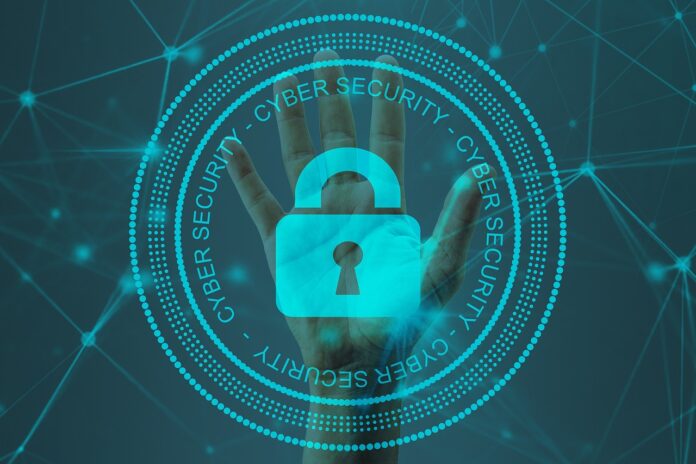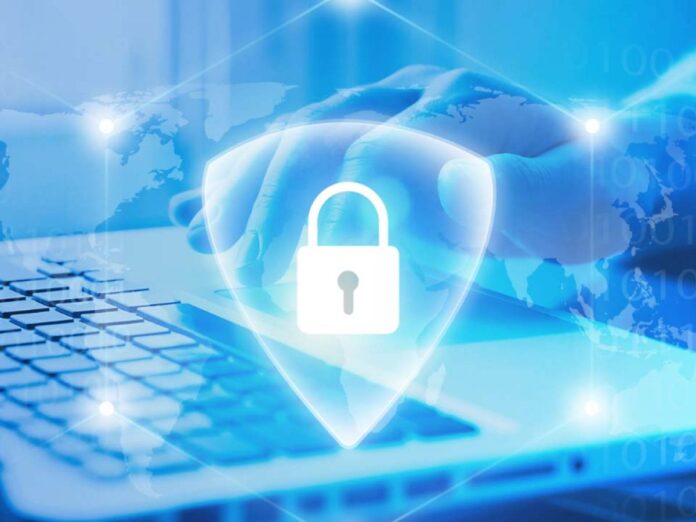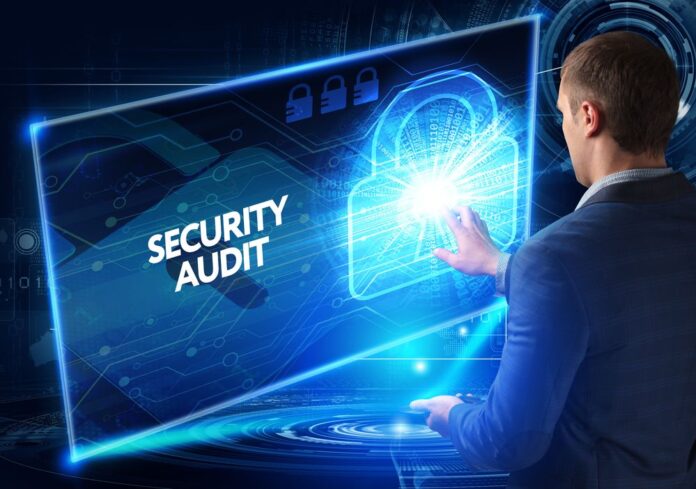
With IT solutions serving as a vital point to organizational operations, there is a need to identify security threats that might be detrimental to a business in the long run. The vulnerabilities can only be discovered through a comprehensive cyber security audit. An effective audit should be able to isolate the threats and trace issues like data breaches while improving an organization’s overall IT network surveillance.
Understanding Cybersecurity Audits
What is a cyber security audit? Answering this question is key to attaining a successful IT network review. Basically, a cyber security audit is a comprehensive analysis of a business IT infrastructure. The audit ensures that an organization’s data security policies align with regulatory requirements. The analysis comes with several benefits, like building a business’ reputation since it demonstrates a commitment to protecting stakeholder data. This site also provides additional information on security audits.
Preparing for a Cyber Security Audit

Considering that a cyber security audit touches on an organization’s information security system, including hardware, software, services, networks, and data centers, there is a need for conducting thorough preparation. Below are key ways to prepare for a successful audit:
Set your objectives
Define the goals you intend to achieve by conducting an audit. While defining the objectives, consider your business values that align with the general goals. Factor in the systems you need to audit, your IT team’s capacity, disaster recovery, and how they influence the auditing objectives.
Update security policy
An internal IT security policy is a must-have guide for any organization. The policy should provide a clear guideline on handling sensitive data while highlighting controls that need to secure your organizational information. The policy should be accessible to all employees for easy understanding of their ethical and legal obligations in their line of work. The policy can be designed to allow for regular updating. Note that auditors might need to review the information on security policy.
Hire a liaison expert

If you opt for an external auditor, there are chances that your team might not be conversant with the technicalities that come with the auditing process. It is essential to onboard a subject matter expert who will communicate with auditors. Some managers usually have limited knowledge on the matter hence the need for external personnel. The experts might be certified Chief Information Security Officers who can also act as the primary point of communication between.
Self-assessment
After putting in all the preparation, you need to conduct an internal audit. The audit should be tailored to review policies, processes, and controls alongside the crucial infrastructure of the security systems. The assessment will likely highlight some of the potential gaps and security risks. Internal audits also present sufficient time to fix any security controls.
Incident response plan
Although your focus is passing the IT audit, an issue might crop up, and you need to be prepared by having a response strategy. The plan should highlight how you intend to continue operations if any issue is detected. In this case, you will need to have policies in place and ensure that all employees are conversant with the guidelines through training.
Review compliance standards
Different jurisdictions have established compliance standards that all organizations need to adhere to. Some of the policies include DSS and GDPR. Before the audit, check if your organization is compliant with these guidelines. In this case, you will be able to notify the audit team of which standards your business needs to attain. At the same time, review the compliance, including all levels of personnel in your organization. Such information can be contained in a single access resource.
Cybersecurity Audit Checklist

- Review access controls
- Examine data loss prevention policies
- Adequate budget
- Understand the extent of possible breach
- Company security policies
- Emergency and cybersecurity response plans
- Emergency disaster recovery plans in place
- System hardening plans
Best Practices to a Successful Cybersecurity Audit

Cybersecurity audits can either be external or internal. Regardless of your choice, the following practices will likely be vital to attaining success.
Easy access to resources
Ensure auditors access relevant resources that provide your organization’s complete cybersecurity management approach. It will help the auditors grasp and understand what they are dealing with. It is advisable to organize all the documents in an easy-to-read single resource.
Establish a regular audit schedule
Cybersecurity threats are always lingering, and your organization can be caught off guard. You need to have a regular plan for conducting audits since it guarantees success in the long run. Your auditing schedule can vary from quarterly to monthly based on your business size. However, factor in if the audit schedule interferes with the organization’s workflow. To avoid any interruptions, consider regular departmental audits.
Audit compliance standards
Regulators are constantly establishing IT-related compliance standards that you should be aware of. Therefore, you need to review the compliance standards, especially those that directly impact your organization’s or line of operation. Notably, a better understanding of compliance requirements can assist an organization in aligning the audits with the requirements.
Factors to Consider in Selecting a Cybersecurity Auditor

The success of your cyber security audit goes beyond just preparing and choosing the right personnel. You need to conduct sufficient research bearing in mind that the solution provider you settle for is vital to establishing a long-term relationship. Below are the key factors to consider in selecting an auditor.
Reputation
While scouting for an auditor, consider their reputation by looking at their references. Enquire about their flexibility and the efficiency of their work. Note that auditors that offer cheap services might not deliver what they promise. Therefore, go for more established individuals or companies.
Resources
Consider the tools your potential auditor will be using and if they might have a negative effect on your technology network. The tools used should be the latest while compatible with the modern infrastructure and software. Furthermore, empower your internal IT team to understand the tools.
Qualifications
Cybersecurity auditors must meet a set of qualifications before carrying out any test. To determine the auditor’s qualification, consider the required compliance certifications for your business. However, it is important to do your research effectively to avoid being duped.
Endnote
Cyberspace is characterized by evolving threats and risks that should not be taken lightly. However, scheduling audits can alleviate any fear of a possible attack. By pointing out security vulnerabilities through regular audits, you can be in a position to defend your business from unwarranted attacks.











